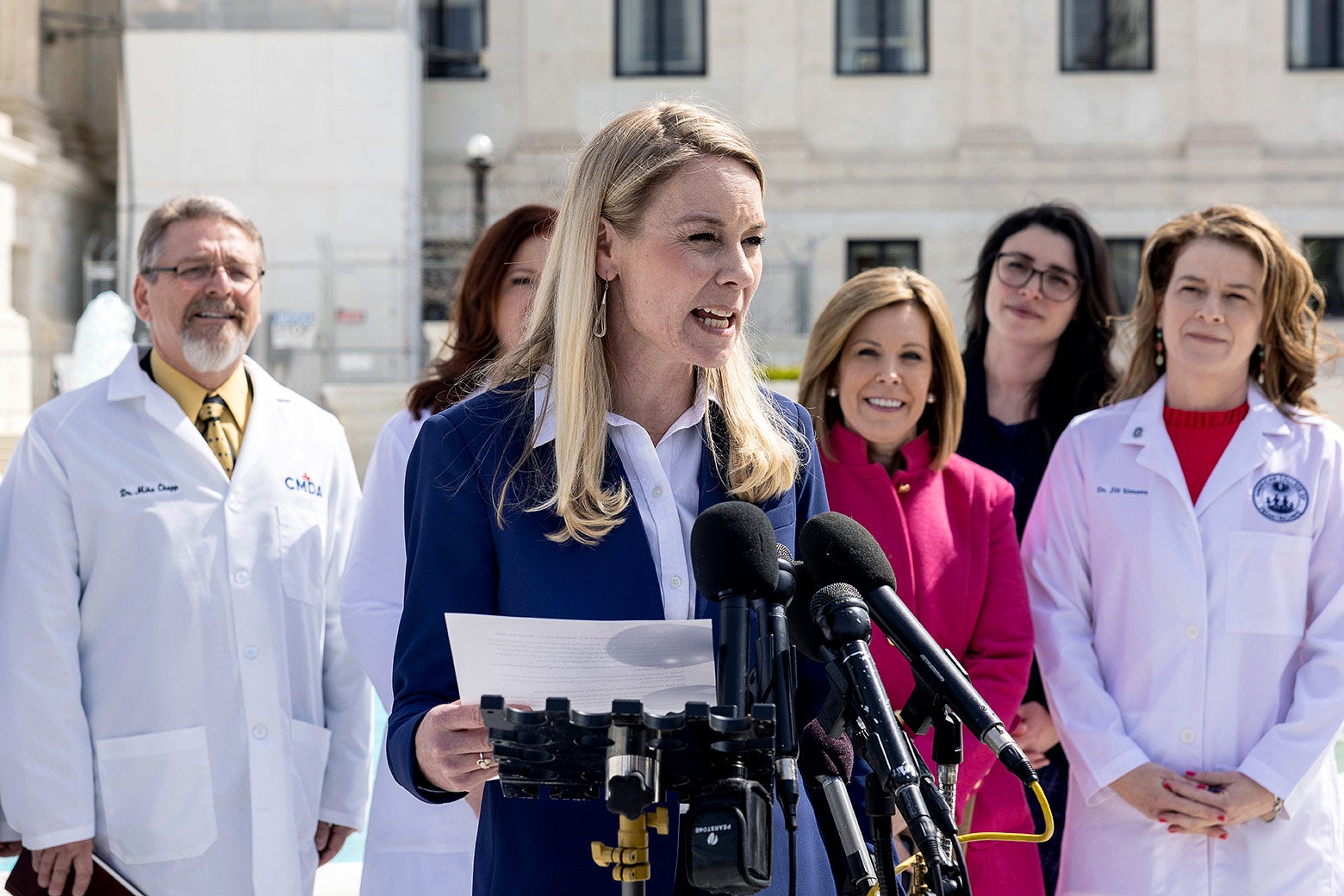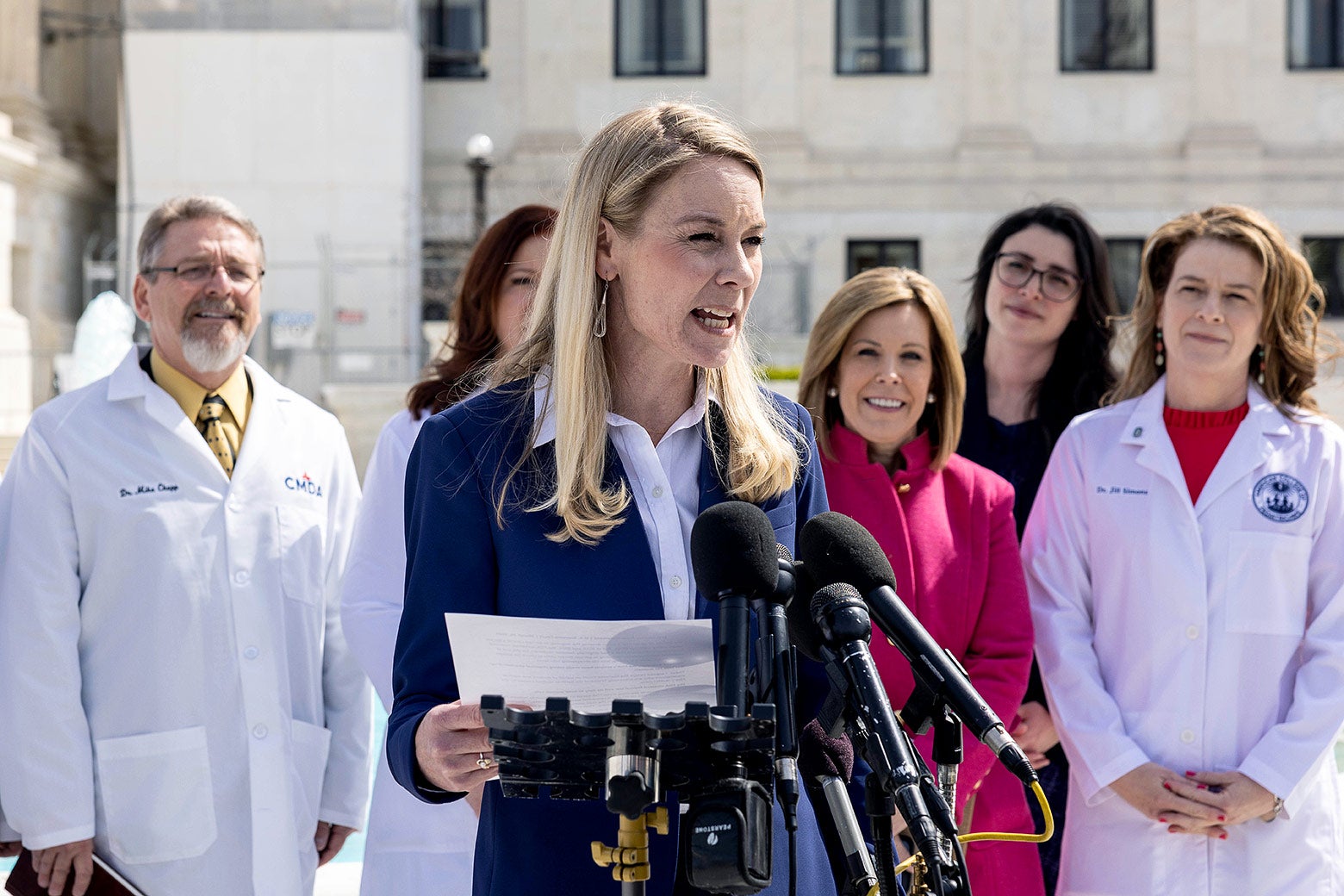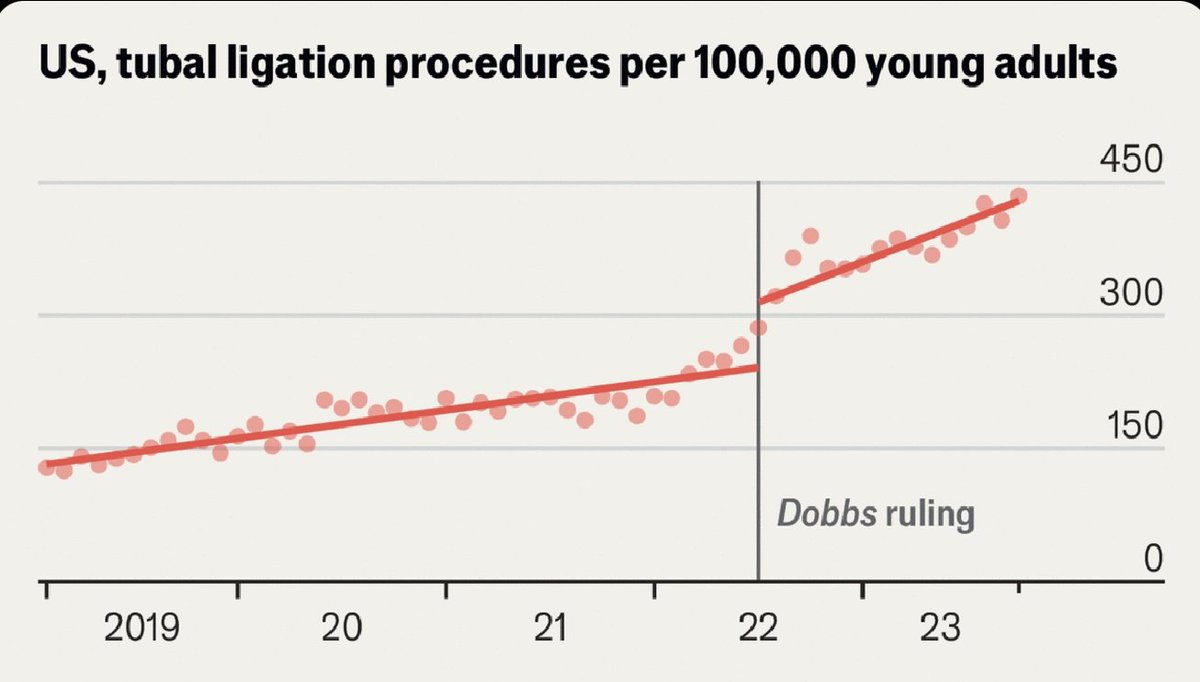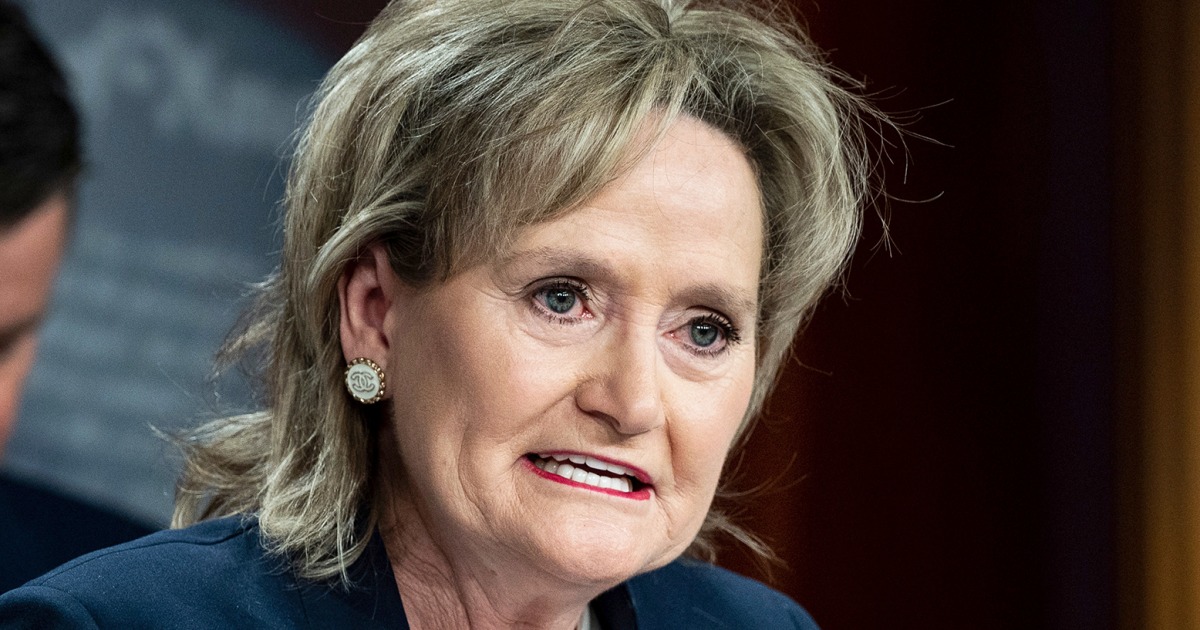
Republican senator blocks bill to protect IVF
Sen. Cindy Hyde-Smith, R-Miss., blocked the bill brought by Sen. Tammy Duckworth, D-Ill., who used IVF to have her daughters.
Republican senator blocks bill to protect IVF
Sen. Cindy Hyde-Smith, R-Miss., blocked the bill brought by Sen. Tammy Duckworth, D-Ill., who used IVF to have her daughters.
Sen. Cindy Hyde-Smith, R-Miss., in Washington in 2022.Michael Brochstein / Sipa USA via AP file
Feb. 29, 2024, 12:29 AM EST
By Amanda Terkel and Brennan Leach
WASHINGTON — Republican Sen. Cindy Hyde-Smith of Mississippi blocked passage of legislation Wednesday that would protect access to in vitro fertilization.
The measure, sponsored by Sen. Tammy Duckworth, D-Ill., and brought to the floor for consideration under unanimous consent — meaning one senator could block it from passage — would provide federal protections for IVF.

GOP senator blocks federal bill to protect IVF
FEB. 29, 2024 05:57
The Alabama state Supreme Court recent ly rul ed that embryos created through IVF are considered children.
Many doctors and families worry that IVF will become less available, because people theoretically could be sued for destroying embryos. During the IVF process, embryos are often discarded if they have genetic abnormalities or after patients decide they will not need to use them.
Since the court's decision, politicians in both parties have expressed support for protecting IVF.
Duckworth, who used IVF to have her two daughters, said the Alabama ruling “paints women like me and our doctors as criminals” and “throws IVF access into chaos as countless women and doctors try to figure out whether they might be criminalized for simply trying to create a family.”
She further called it a "nightmarish blend of hypocrisy and misogyny."
“The very people who claim to be defending family values are the ones trying to enact dystopian policies that would prevent Americans from starting their own families," she added.
In her objection, Hyde-Smith said the Alabama decision "did not ban IVF, nor has any state banned IVF."
"The bill before us today is a vast overreach that is full of poison pills that go way too far, far beyond ensuring legal access to IVF," she said.
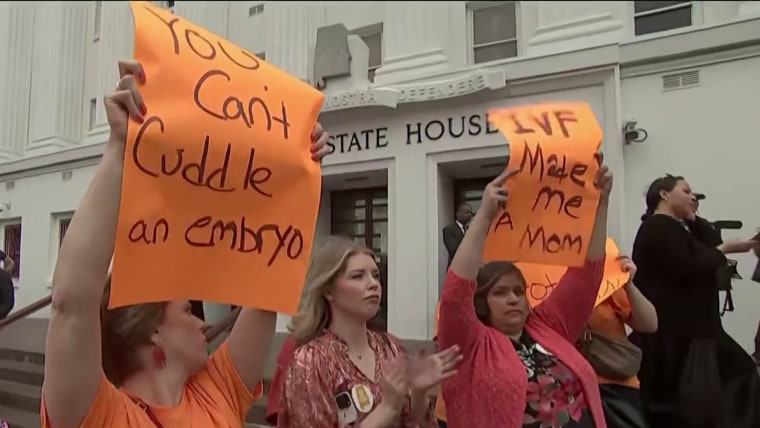
Alabama families face uncertainty after Supreme Court IVF ruling
FEB. 28, 2024 03:35
A number of Republican politicians who say they believe life begins at conception or believe that an embryo or fetus deserves the full rights of a person have had to come out and explain their views on IVF — a type of fertility treatment that has not been a partisan issue.
In Alabama, legislators have been scramblingto come up with a fix to protect IVF practices in light of the high court's ruling there.
Democrats have leaned in on the issue politically; they've used it to hammer Republicans on abortion — an issue that has hurt the GOP in previous elections since conservative justices on the U.S. Supreme Court overturned Roe v. Wade in 2022.
"This has always been about conservative politicians controlling women's bodies," Sen. Elizabeth Warren, D-Mass., said Wednesday. "This has been Donald Trump and the Republicans’ plan all along, and the opposition to Sen. Duckworth’s proposal today shows that Republicans are doubling down against reproductive freedom. They are coming for medication abortion, they are coming for birth control, and they are even coming for prenatal care. Make no mistake."

Amanda Terkel









